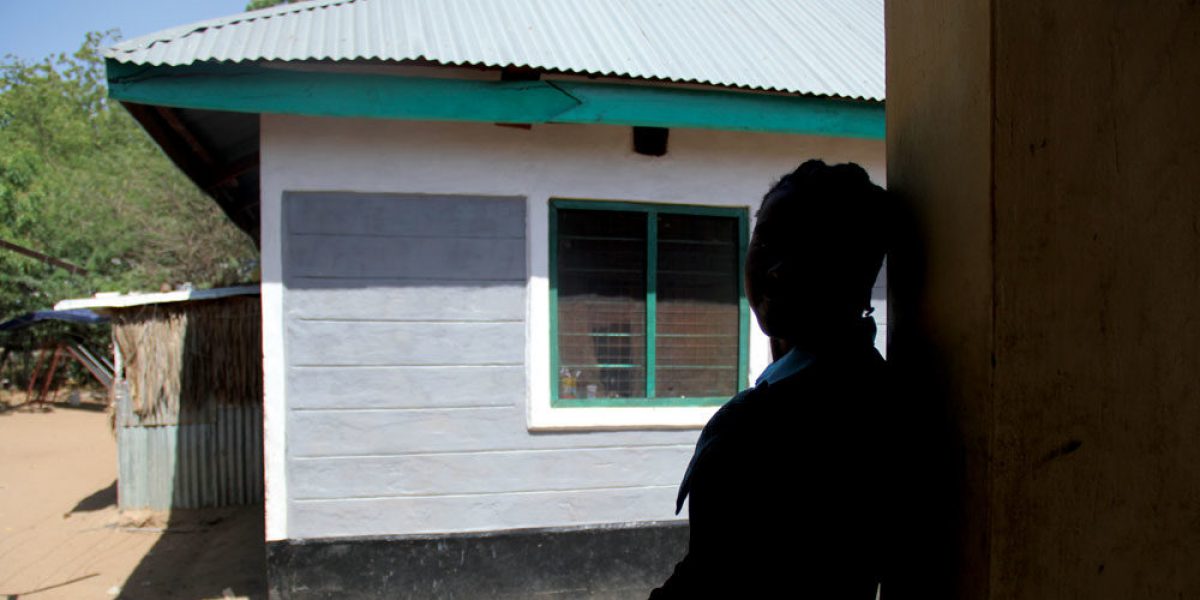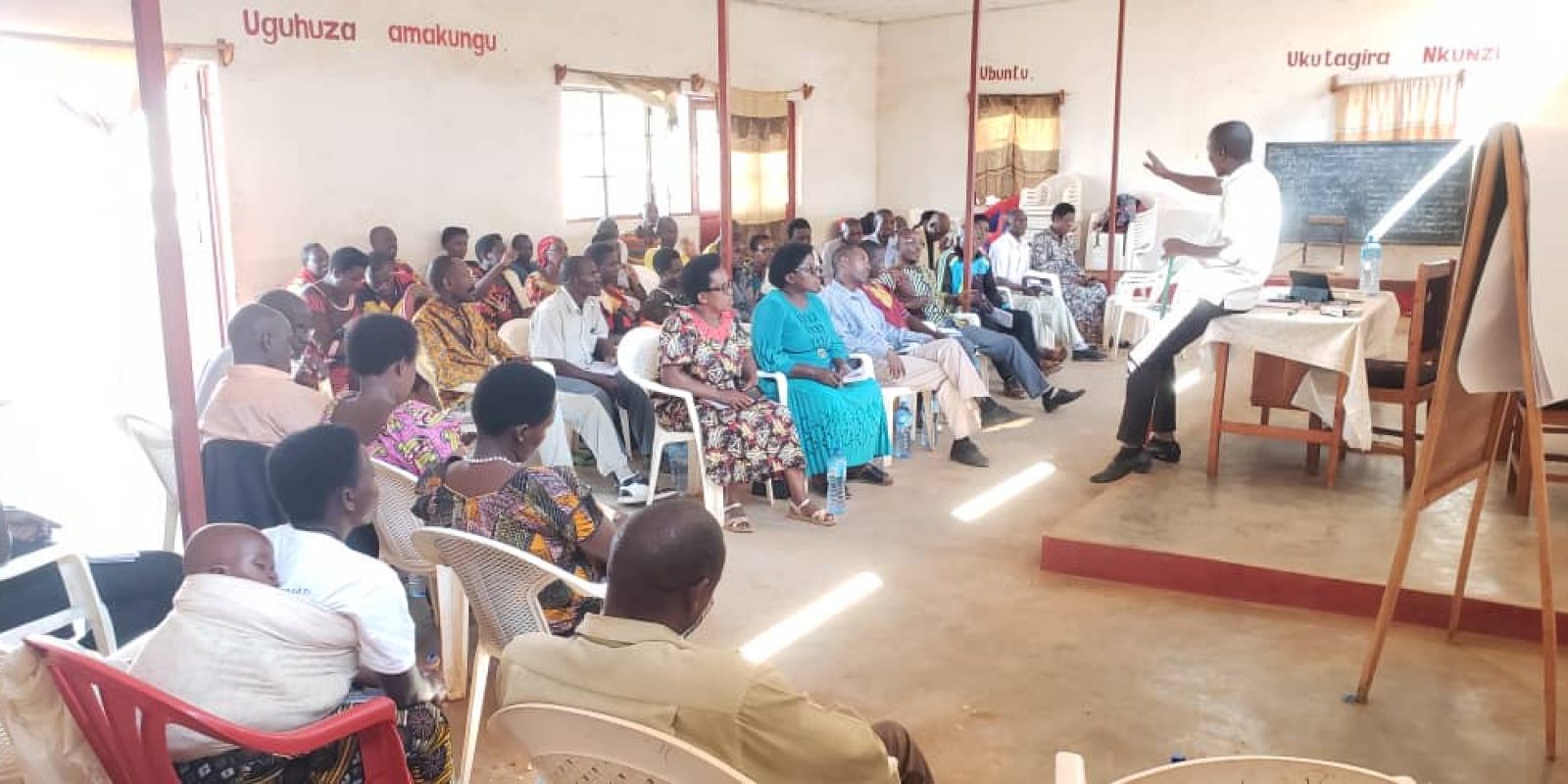Kenya: An oasis at the margins
23 April 2018

Kakuma – Education remains out of reach for many girls around the world. In Kakuma and other refugee camps, girls continue to face difficulties when it comes to accessing education. They are the first to be kept out of school to help with family chores such as collecting water and childcare. In cases where a girl is the head of the household, she will receive the food token from camp staff so that she can queue for her family’s food, making it impossible for her to go to class. The vulnerability of girls in refugee camps can lead to more serious problems that are particularly linked to gender including forced early marriage, domestic violence, sexual abuse, and rape. The Jesuit Refugee Service (JRS) tackles these issues through a variety of interventions.
Livelihoods
Safe Haven is a JRS protection centre in Kakuma for women and girls who have experienced gender-based violence. The centre empowers resident women by providing skills training and other capacity-building activities. The women receive instruction in child protection and personal hygiene to improve the quality of parental care given to their children, many of whom still exhibit signs of trauma. They also attend tailoring, bead work, and catering classes, which give them the skills they need to generate some income for themselves. Some of things they make include bags, ornaments and bracelets.
Protection
Because the centre’s protocol restricts their movement for safety reasons, the programme helps them to market their products by taking advantage of events that attract crowds, like the celebration of international days, inter-agency coordination meetings, and also the arrival of visitors to the camp. The products are also sold through the JRS Mikono Shop in Nairobi. Currently, JRS is working towards organising registered self-help groups for the women. This would enable them to save money to begin a start-up fund for when they leave the protection centre.
Education
The Sunshine School is an early childhood education programme for children from the age of six and up who are admitted to Safe Haven with their mothers. The children receive weekly art and play therapy in addition to the normal learning activities. The therapy helps improve their social wellbeing and enhances their ability to positively cope with trauma and to develop healthy interpersonal relationships. After the age of 14, girls are enrolled into primary and secondary boarding schools within the camp, to help to smooth their transition into mainstream education, when they are discharged from the centre.
Girls with special needs in Kakuma comprise a particularly vulnerable group in the resource-deprived context of the camp. Some of these girls receive scholarships from JRS to enable them to attend specialised schools outside the camp, as this is the only way for them to access education. Camp schools are too overcrowded and have neither the personnel or the requisite equipment to adequately manage the education of special needs children.
Through efforts to break down the obstacles to their studies, JRS continues to ensure that refugee girls receive an education. It is our hope that these programmes will help release the untapped potential of girls and women in Kakuma, which is just waiting to be harnessed.



